Continuing the 38th Session, on the afternoon of October 8, under the direction of Vice Chairman of the National Assembly Nguyen Duc Hai, the National Assembly Standing Committee gave opinions on the draft Law on Digital Technology Industry.
Risk-based management throughout the lifecycle of artificial intelligence
The Government 's submission stated that the Law's construction aims to propose feasible policies, specific regulations, and create a clear legal corridor, especially for digital technology products and services to promote the development of the digital technology industry; create incentive mechanisms for the digital technology industry, including some special investment incentives; and special investment incentives and support.
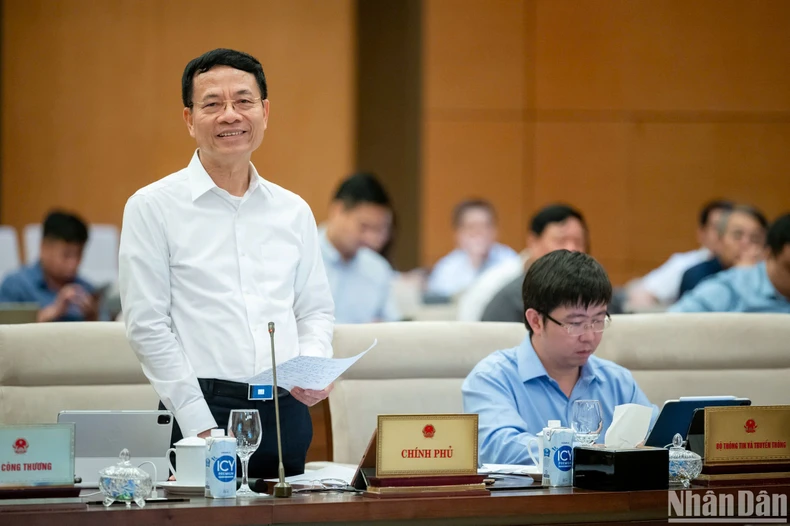 |
Minister of Information and Communications Nguyen Manh Hung speaks at the meeting. (Photo: DUY LINH) |
The draft Law on Digital Technology Industry consists of 8 chapters and 73 articles, of which one chapter is dedicated to regulating the contents of artificial intelligence.
Specifically, the development, provision, deployment and use of artificial intelligence must be based on the principles of: serving human prosperity and happiness, being human-centered, improving productivity and work efficiency; inclusive, fair and non-discriminatory access; respecting ethical values, human rights and interests and protecting privacy.
At the same time, ensure transparency, explainability, accountability, controllability of algorithms and artificial intelligence models; do not replace or exceed human control; ensure security and confidentiality; risk-based management throughout the life cycle of artificial intelligence...
Also according to the draft, digital technology products created by artificial intelligence systems must be labeled for identification. The Ministry of Information and Communications regulates labels; processes and procedures for labeling digital technology products created by artificial intelligence systems.
The developer of an artificial intelligence system is an individual or organization that carries out the development of an artificial intelligence system, and is responsible for protecting privacy and personal information; promptly resolving requests to look up, copy, edit, add, or delete personal information in accordance with the provisions of law on personal data protection.
Clearly notify users in advance if the artificial intelligence system has a safety or security risk when privacy or rights and interests related to personal information are violated. Regularly check and monitor vulnerabilities and security risks, and keep logs of the development and management of the artificial intelligence system...
The draft Law assigns the Government to specify in detail the criteria, authority, order and procedures for determining high-risk artificial intelligence systems, artificial intelligence systems with high impact potential; responsibilities and exemptions of organizations and individuals related to the development, provision and use of artificial intelligence systems.
In addition to the content on artificial intelligence, the draft Law on Digital Technology Industry has separate chapters regulating: development of digital technology industry; development of digital technology enterprises; controlled testing mechanism; semiconductor industry; state management of digital technology industry.
Agree to integrate regulations on AI systems in the draft Law
Through examination, the National Assembly's Committee on Science, Technology and Environment found that the draft Law has been institutionalized and consistent with the Party's guidelines and policies and the State's policies. In general, the draft Law meets the requirements and is qualified to be submitted to the National Assembly for consideration and comments.
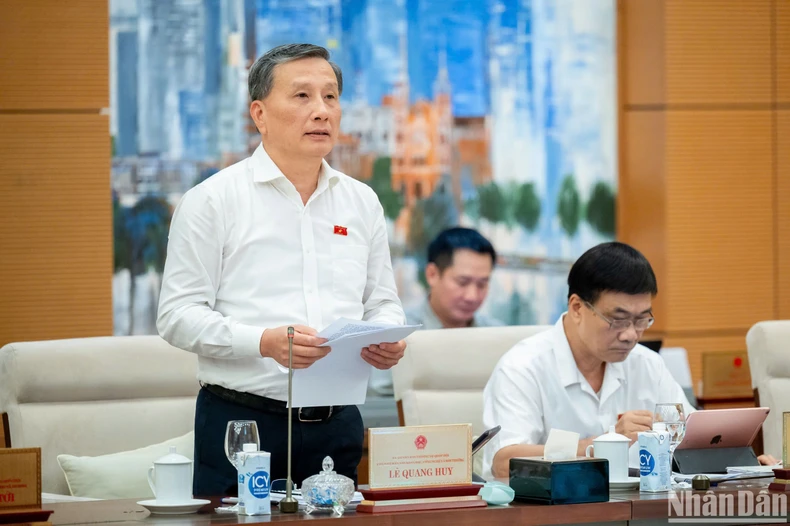 |
Chairman of the Committee on Science, Technology and Environment Le Quang Huy presents the review report. (Photo: DUY LINH) |
The Standing Committee agrees with the design of new, innovative policies and regulations to promote the development of the digital technology industry.
It is considered necessary to regulate digital assets in the Law. However, according to the agency in charge of the review, digital asset management is a new and complicated issue that needs careful consideration, including research and clarification of some contents on digital asset classification and development of corresponding management regulations; on ownership, inheritance and use rights; security measures, digital asset transactions, handling of user complaints, protection of intellectual property rights; ensuring strict management, anti-money laundering and market transparency.
Regarding artificial intelligence (AI), there are opinions suggesting the need for comprehensive research (including issues such as ownership, property rights and personal rights to data, copyright protection, etc.) to build a separate Law on AI in Vietnam.
The Committee on Science, Technology and Environment believes that at this time, Vietnam needs to have a legal basis to regulate artificial intelligence to develop the strengths and advantages of AI while limiting adverse impacts in research, application and development of AI technology. Therefore, it basically agrees with the need for regulations on AI systems to be incorporated in the draft Law.
However, it is recommended to study and supplement regulations to limit risks and impacts of AI technology on economic and social life such as ethical principles; research and development of AI created by Vietnam; allowing businesses with AI research projects to use data sources from state agencies; regulating the level of application of artificial intelligence in state agencies from solutions owned by domestic enterprises to encourage use and create markets.
Source: https://nhandan.vn/de-xuat-cac-nguyen-tac-quan-ly-phat-trien-va-su-dung-tri-tue-nhan-tao-post835536.html



![[Photo] President Luong Cuong receives US Secretary of War Pete Hegseth](https://vphoto.vietnam.vn/thumb/1200x675/vietnam/resource/IMAGE/2025/11/02/1762089839868_ndo_br_1-jpg.webp)
















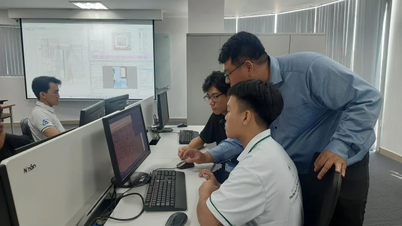



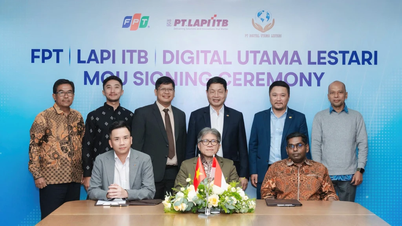












































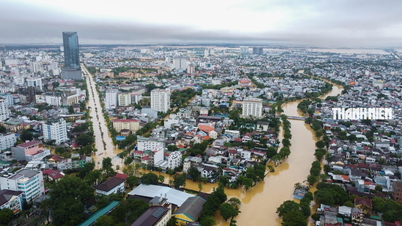














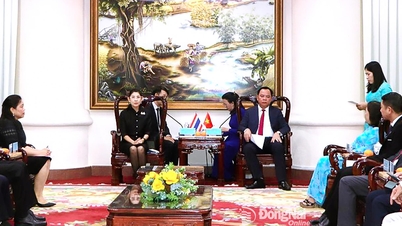

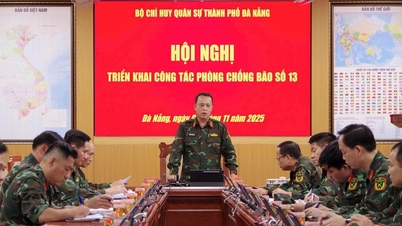

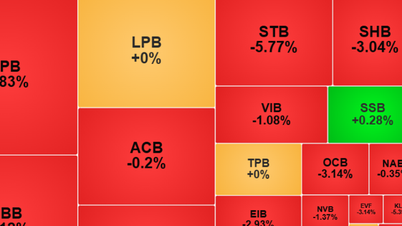






















Comment (0)